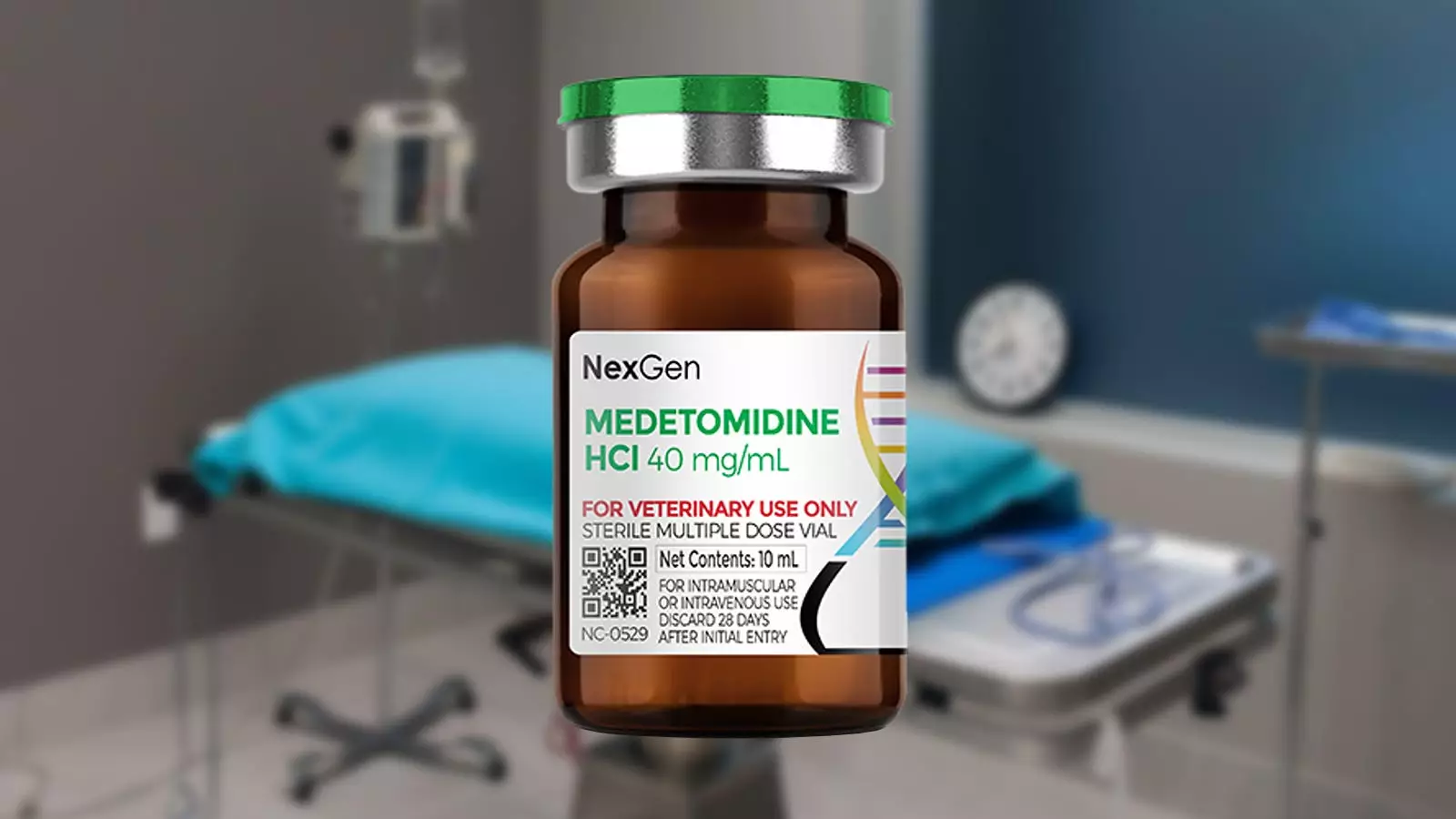The drug landscape is constantly evolving, presenting new challenges for healthcare professionals, law enforcement, and individuals who use drugs. The recent emergence of medetomidine, a veterinary sedative, in street drugs has raised significant concerns due to its potent effects and the challenges it poses in managing overdoses. What sets medetomidine apart from other substances is its ability to cause prolonged toxic effects, leading to longer-lasting symptoms and difficulties in providing effective treatment.
The Rise of Medetomidine
Medetomidine, similar in mechanism of action to xylazine, has been making its way into the illicit drug supply, often disguised as heroin or fentanyl. This drug, predominantly used in veterinary medicine, has created a wave of overdoses that do not respond to traditional opioid overdose reversal measures like naloxone. With dangerously low heart rates and blood pressure, medetomidine overdoses are particularly challenging to manage and can have life-threatening consequences.
Unanswered Questions and Responses
The reasons behind the inclusion of medetomidine in street drugs remain unclear. Speculations suggest that it might be an attempt to enhance the effects of opioids or reduce the reliance on fentanyl in drug mixtures. However, the motives of those adding medetomidine to the drug supply are ambiguous, leaving healthcare professionals and researchers grappling with the unpredictability of emerging substances. Responding to these challenges becomes even more complex when considering the unknown long-term and adverse effects of medetomidine on individuals who use drugs.
The presence of multiple substances in street drugs, such as nitazenes and benzodiazepines, further complicates the landscape of drug overdoses. Nitazenes, particularly potent opioids, have been on the rise in North America and Europe, posing a significant risk to individuals who use drugs. Additionally, benzodiazepines with novel properties and veterinary sedatives like xylazine add layers of complexity to overdose management and treatment.
Challenges in Detection and Treatment
The ever-changing composition of street drugs makes it challenging for healthcare professionals to provide adequate care to individuals experiencing overdoses. With a lack of information about the drug mixtures individuals are exposed to, physicians face immense hurdles in diagnosing and treating drug-related emergencies. Moreover, the absence of approved antidotes for substances like medetomidine further complicates the treatment landscape, potentially putting lives at risk.
Addressing the rising tide of emerging drugs in the illicit drug supply requires a comprehensive approach that goes beyond criminal justice responses. The need for scientific research and evidence-based interventions is paramount in understanding and effectively managing the challenges posed by these substances. Policymakers and healthcare providers must prioritize harm reduction measures and access to safer, regulated drugs to prevent further harm and fatalities associated with drug overdoses.
The unpredictable nature of emerging drugs, exemplified by the introduction of substances like medetomidine into street drugs, underscores the urgent need for proactive and evidence-based responses. As the drug landscape continues to evolve, healthcare professionals, researchers, and policymakers must work collaboratively to address the complexities of managing overdoses and substance use disorders in an ever-changing environment. Only through a concerted effort can we hope to prevent the next wave of drug-related harms and fatalities plaguing communities across the globe.


Leave a Reply